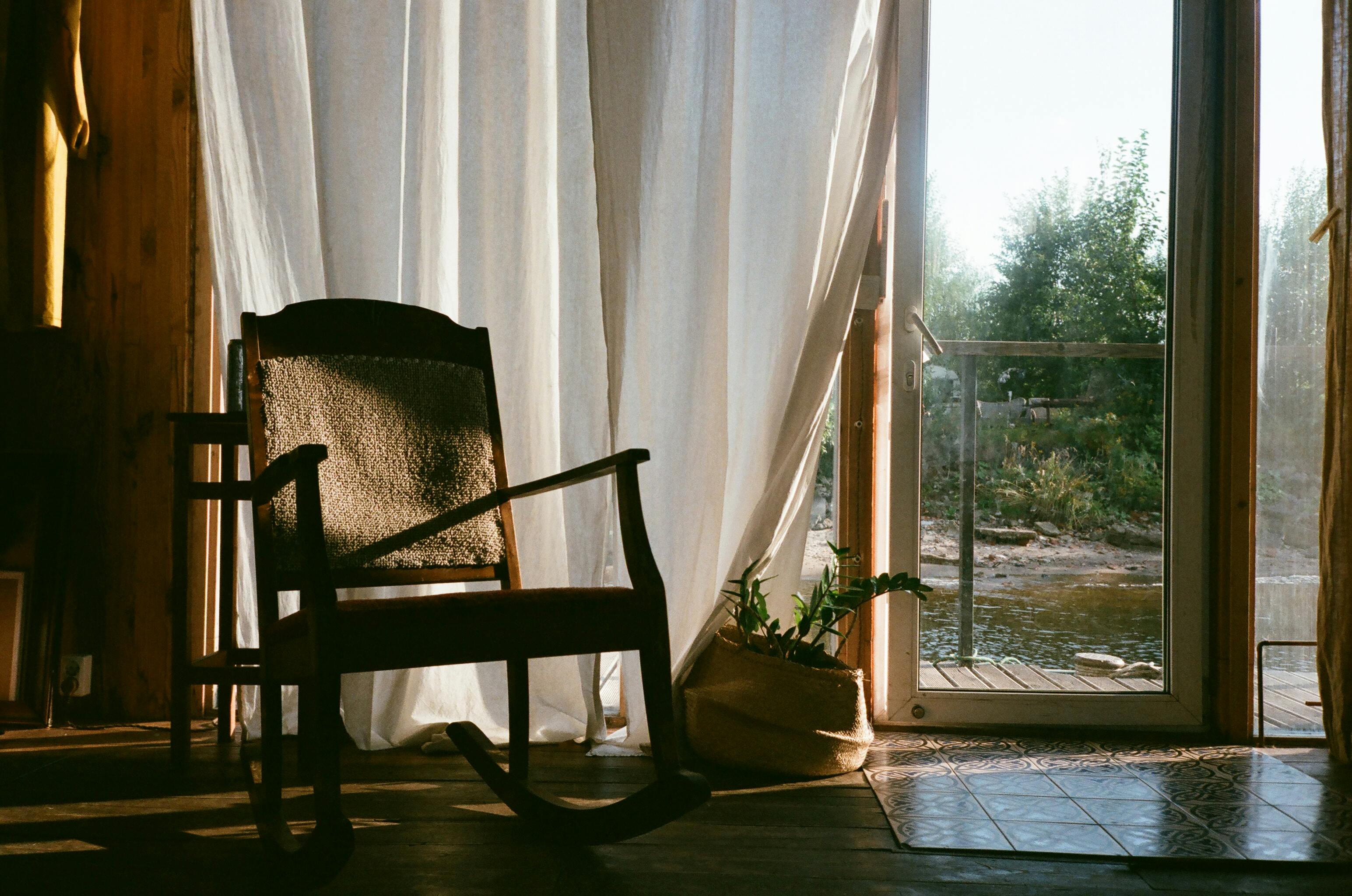The Logic of Modern Rest
Why rest isn’t a reward, but a design question. A reflection on pseudo-rest, nervous system overload, and building systems that breathe with you.


The Logic of Modern Rest
Rest shouldn't need to be scheduled.
We say we've learned how to pause. We decline invites. We turn on "Do Not Disturb." We "log off."
But have we really paused?
Because to pause, to actually stop, means meeting what we've avoided. The thoughts we pushed aside. The feelings we scheduled for later.
That's what waits in the quiet. And most of us were never taught how to hold it.
Every emotion we defer doesn't dissolve. It stores. That's the trick of compartmentalization. It works. Until it doesn't.
The nervous system remembers what the calendar forgot. And when we finally pause, the backlog arrives.
The grief you compartmentalized during the sprint. The resentment you filed under "deal with later." The disappointment you said wasn't urgent. They didn't disappear. They waited.
That's why it's often easier to stay busy. Busyness is rewarded. Stillness is confrontational. True rest means facing what you've been avoiding.
And still, the system runs. The nervous system keeps scanning. The mind loops. The inbox refreshes itself, even when we don't.
We're not bad at resting. We're just wired into systems that won't let us disconnect.
This isn't a time management problem. It's structural.
Pseudo-Rest
There's a difference between quiet and rest. Between being still and actually being off.
Pseudo-rest is what happens when:
- You leave your desk, but take the pressure with you
- You stop working, but your mind keeps tracking
- You pause, but part of you stays on call
It's not rest. It's performance. Done in softer lighting.
And your body knows. The jaw stays tight. The shoulders don't drop. You wake at 3 a.m. mentally composing emails you won't send.
The shower runs, but your mind is already in the meeting. The book sits open on your lap, but you're not reading. You're rehearsing a difficult conversation that may never happen.
The inbox stays open, even when the tab is closed.
Rest slowly became something to prove instead of something to feel. That's why I built Lazy Systems. Not to help people escape work, but to rebuild how work happens. So rest stops being the reward at the end of effort and starts being part of how you structure your life.

Growing up, I was taught that time off wasn't time off. It just meant you switched jobs.
Every year, my aunt and uncle would take one of their few vacation weeks to help with the family wheat harvest. I followed that rhythm for years. Leaving one kind of labor to do another.
Dust in your throat. Sun on your neck. Dinner at 9 p.m. Still working, just in a different field.
It was called "helping," and it was. But it also reinforced something deeper: that rest was only acceptable if it served a purpose. That if you weren't producing, you needed to explain your pause.
For years, I carried that rhythm into every system I built. Vacation days spent reorganizing the garage. Weekends filled with "should" lists. Even my rest had deliverables.
Eventually, I realized the system could carry that rhythm longer than I could.
That recognition didn't feel like freedom. It felt like failure. Like I'd violated the rhythm I was raised inside. But my body had already decided.
I didn't choose rest. I broke.
Medical leave. Three months where I couldn't work even if I wanted to. My therapist didn't prescribe medication. She prescribed stillness. Thirty minutes a day. Do nothing.
It was harder than any deadline I'd ever met.
That first day, I sat on my deck and stared at clouds. I checked the timer constantly. My shoulders twitched. My mind looped.
What surfaced wasn't boredom. It was everything I'd been outrunning. Grief. Resentment. Exhaustion I'd been calling "just tired."
I'm not a therapist. I don't have techniques for processing the backlog. I just know this: true rest only came after the break. After my nervous system finally said "no more" and my body made the choice my mind kept deferring.
You can't think your way into rest. You have to stop long enough to meet what's been waiting.
That's what brought me to Lazy Systems. Not to prevent breaking. But to rebuild after. A way to structure work that doesn't require explaining why you need to breathe.
Though I'll be honest: I only learned to build it after I broke.
Lazy Systems isn't about doing less. It's about building systems that can hold you:
- Energy over efficiency: You build your day around energy, not just time slots.
- Intentional simplicity: You cut friction, not depth.
- Rhythmic structure: You work in cycles that match you, not a template.
- Breathable systems: You make space to pause without asking permission.
Rest isn't scheduled here. It's built in. It's already there.

If Your Nervous System Could Speak
What would it design?
Start here:
1. Where am I always available, even when I say I'm not?
2. What parts of my week belong to someone else's urgency?
3. Where can I practice saying less, responding slower, or not explaining?
Not a Call to Quit
This isn't about giving up. Or doing less for the sake of it.
It's about designing systems that breathe with you. Where rest lives in the rhythm. You don't earn it. You don't schedule it.
The first time you try this, it might feel wrong. Like you're breaking a rule no one wrote down. That feeling is data. It tells you something true.
You're close.



.jpg)
